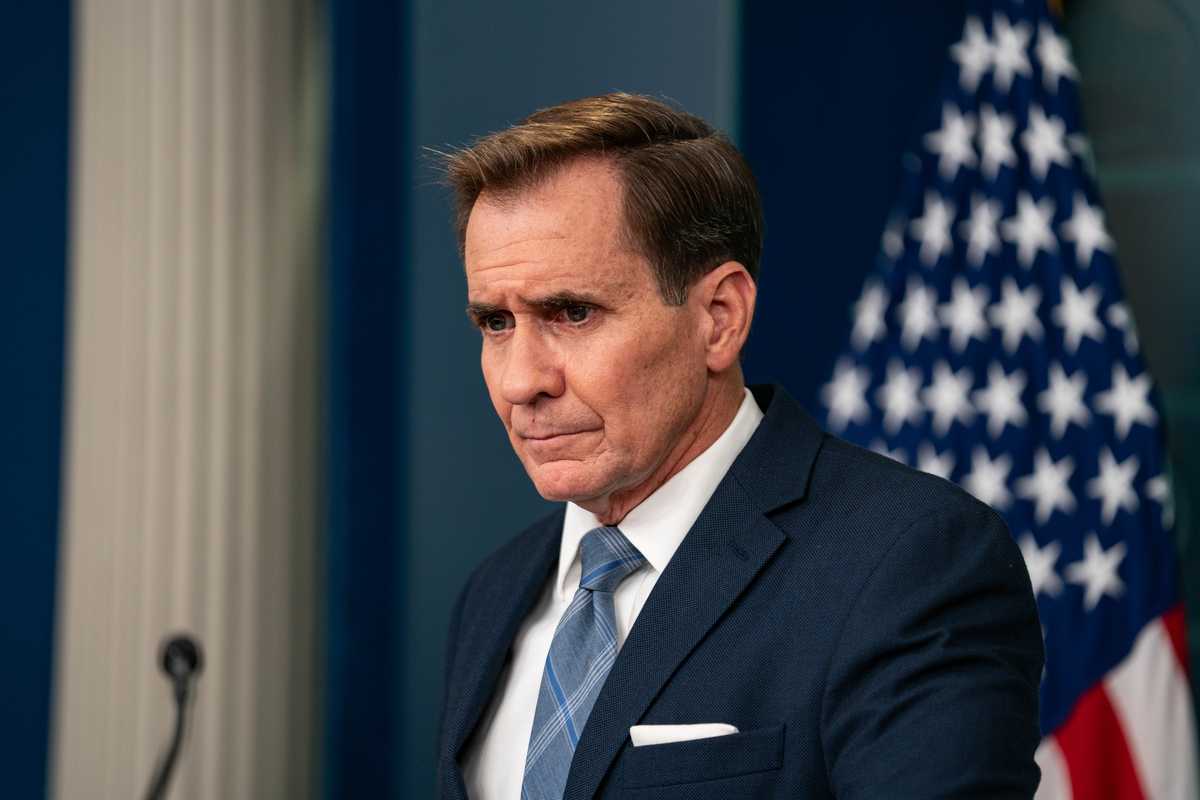White House official says Pakistan was never a formal US ally
Statement made by National Security Council Communications Advisor John Kirby during press briefing
News Desk
The News Desk provides timely and factual coverage of national and international events, with an emphasis on accuracy and clarity.

John Kirby, White House National Security Council Communications Advisor, during a press briefing in Washington, September 18, 2024.
Shutterstock
Clarification came after Pakistani journalist referenced 'long-term ally' status
U.S.-Pakistan cooperation primarily focused on counterterrorism since 9/11
No formal treaty of alliance exists between the two nations, official claims
The White House declared on Tuesday that Pakistan has never been a formal U.S. ally, contradicting decades of diplomatic parlance that has often characterized the South Asian nation as a key American partner in the war on terror.
"Pakistan was never a technical ally of the United States. I mean, there was no treaty of alliance with Pakistan," said John Kirby, White House National Security Council Communications Advisor, during a press briefing in Washington.
The statement came in response to a Pakistani journalist who referred to Pakistan as a "long-term ally" while asking about the Biden administration's efforts to strengthen bilateral relations.
Kirby emphasized that while the two nations have collaborated extensively, particularly in addressing security challenges along the Afghanistan-Pakistan border, their partnership has primarily focused on counterterrorism operations rather than broader strategic alignment.
"Certainly, over many, many years in the last couple of decades, we partnered with Pakistan as appropriate to deal with the terrorist threat that still exists on that spine between Afghanistan and Pakistan," Kirby explained.
Changing winds
The characterization marks a significant shift in diplomatic messaging, as both nations have historically referred to each other as allies, particularly during the Cold War and the post-9/11 era when Pakistan served as a crucial partner in U.S. military operations in Afghanistan.
Despite the clarification about Pakistan's technical status, Kirby reaffirmed the Biden administration's commitment to supporting Pakistan in its ongoing fight against terrorism, acknowledging the continued threat of cross-border violence facing Pakistani citizens.
"We have, and for as long as we'll be in office here, remain committed to working with Pakistan to address those common threats and challenges," Kirby added.
Recently, the U.S. enacted sanctions against three Pakistani firms allegedly involved in Pakistan's missile program, as State Department officials emphasized that the action was specifically targeted and would not affect broader bilateral cooperation.







Comments
See what people are discussing